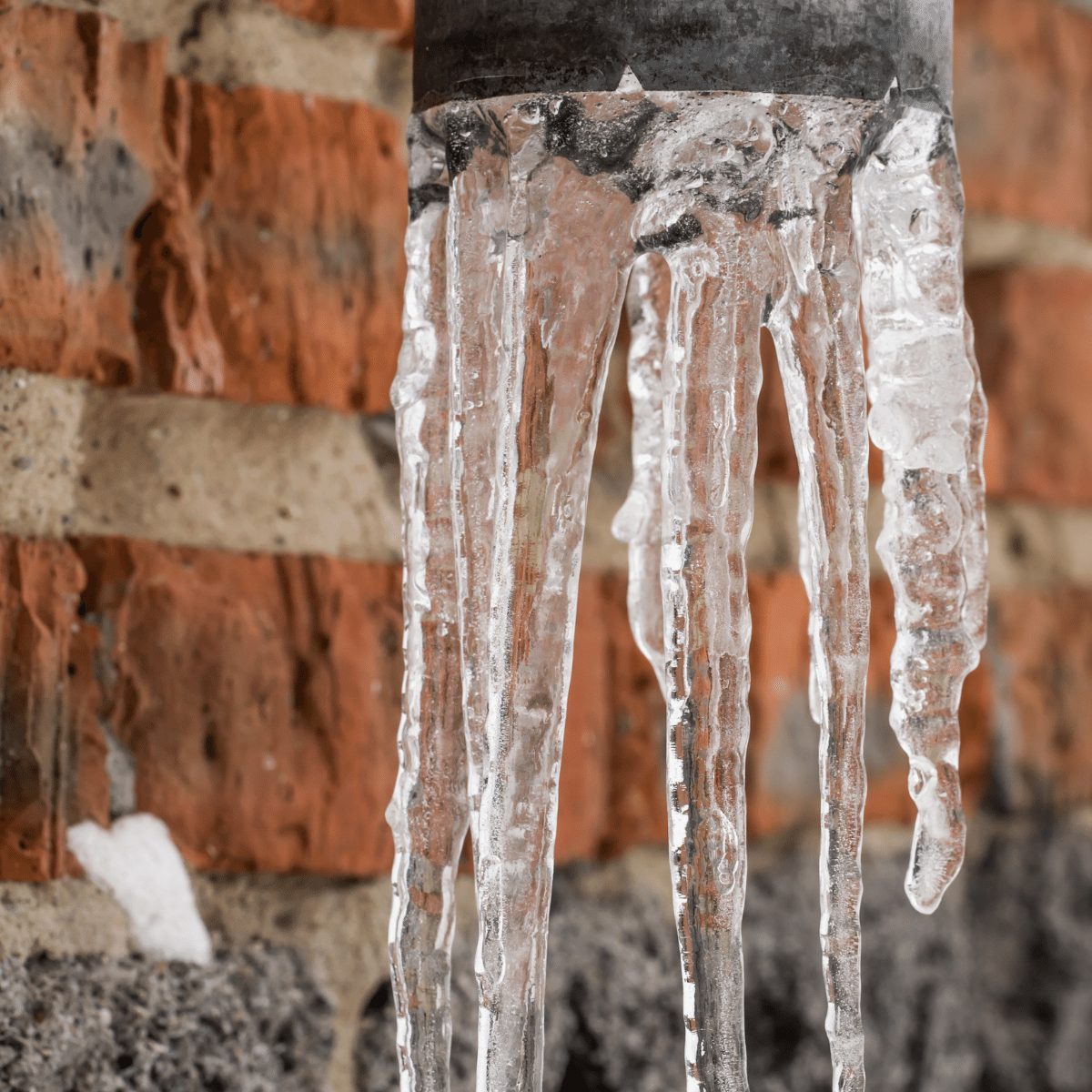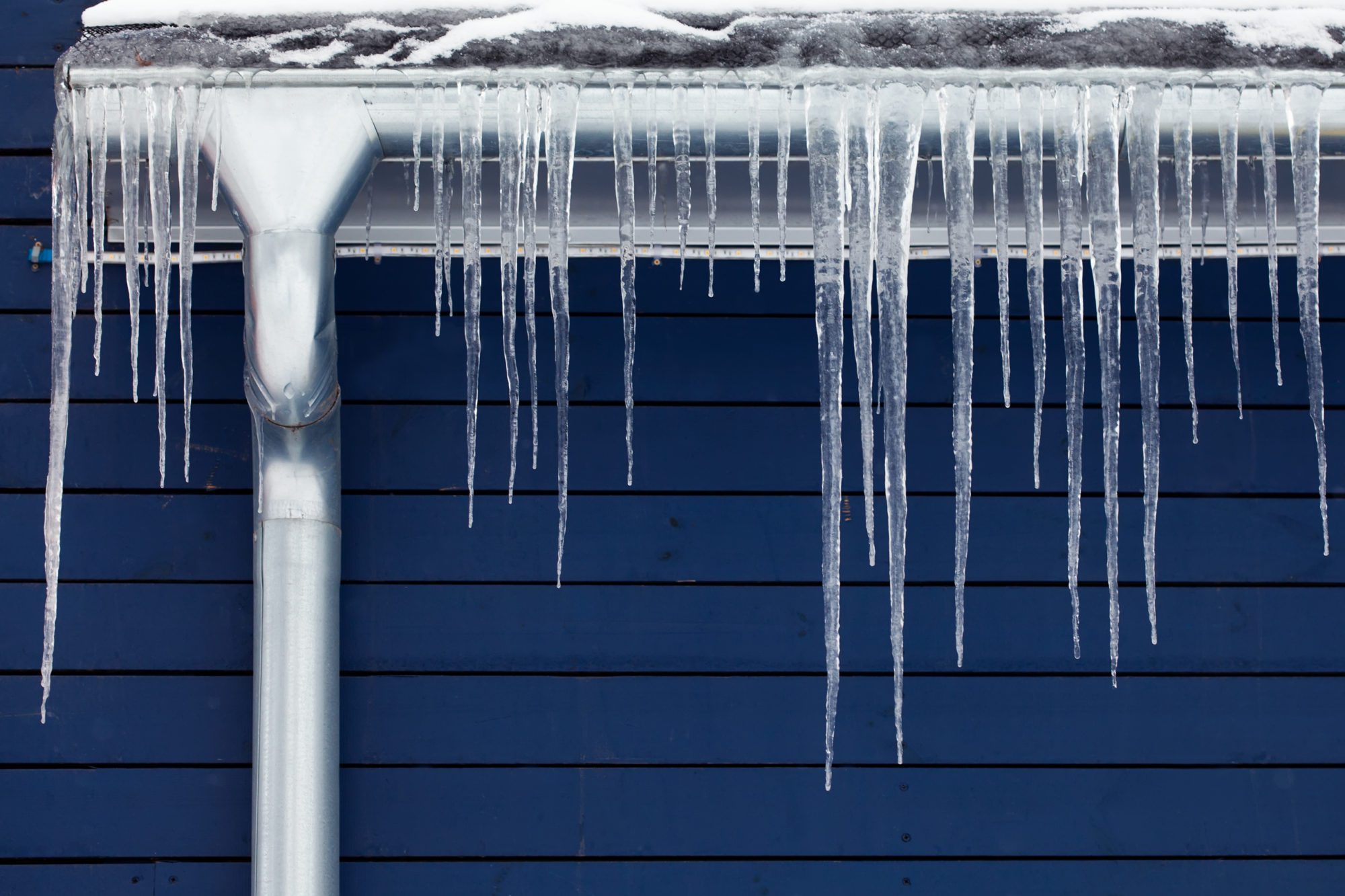Ways to Protect Pipes from Freezing: Specialist Advice
Ways to Protect Pipes from Freezing: Specialist Advice
Blog Article
How do you really feel about Helpful Tips to Prevent Frozen Pipes this Winter?

Winter can ruin your plumbing, especially by freezing pipelines. Here's exactly how to stop it from taking place and what to do if it does.
Introduction
As temperature levels drop, the risk of frozen pipelines rises, possibly leading to costly fixings and water damages. Understanding how to stop icy pipes is essential for homeowners in cool climates.
Avoidance Tips
Protecting vulnerable pipelines
Wrap pipes in insulation sleeves or use warm tape to protect them from freezing temperatures. Focus on pipelines in unheated or exterior locations of the home.
Home heating methods
Maintain indoor areas adequately heated up, specifically locations with plumbing. Open cupboard doors to permit cozy air to circulate around pipes under sinks.
Exactly how to determine icy pipelines
Seek decreased water flow from faucets, unusual odors or noises from pipelines, and visible frost on revealed pipes.
Long-Term Solutions
Architectural changes
Take into consideration rerouting pipes far from exterior walls or unheated areas. Add extra insulation to attics, basements, and crawl spaces.
Updating insulation
Buy high-quality insulation for pipes, attic rooms, and walls. Correct insulation assists preserve constant temperature levels and minimizes the danger of icy pipelines.
Safeguarding Outdoor Pipes
Garden pipes and outdoor taps
Disconnect and drain pipes garden pipes before wintertime. Install frost-proof spigots or cover exterior faucets with protected caps.
Recognizing Frozen Pipelines
What creates pipes to freeze?
Pipes ice up when revealed to temperatures below 32 ° F (0 ° C) for prolonged durations. As water inside the pipelines ices up, it expands, putting pressure on the pipe walls and potentially triggering them to rupture.
Dangers and problems
Icy pipelines can result in water interruptions, home damages, and pricey repair services. Burst pipelines can flooding homes and trigger extensive architectural damages.
Indicators of Frozen Pipeline
Determining frozen pipelines early can avoid them from rupturing.
What to Do If Your Pipes Freeze
Immediate activities to take
If you presume icy pipelines, keep faucets open up to alleviate stress as the ice melts. Make use of a hairdryer or towels soaked in warm water to thaw pipes gradually.
Conclusion
Protecting against frozen pipelines requires aggressive measures and fast feedbacks. By comprehending the reasons, signs, and preventive measures, home owners can safeguard their plumbing throughout winter.
5 Ways to Prevent Frozen Pipes
Drain Outdoor Faucets and Disconnect Hoses
First, close the shut-off valve that controls the flow of water in the pipe to your outdoor faucet. Then, head outside to disconnect and drain your hose and open the outdoor faucet to allow the water to completely drain out of the line. Turn off the faucet when done. Finally, head back to the shut-off valve and drain the remaining water inside the pipe into a bucket or container. Additionally, if you have a home irrigation system, you should consider hiring an expert to clear the system of water each year.
Insulate Pipes
One of the best and most cost-effective methods for preventing frozen water pipes is to wrap your pipes with insulation. This is especially important for areas in your home that aren’t exposed to heat, such as an attic. We suggest using foam sleeves, which can typically be found at your local hardware store.
Keep Heat Running at 65
Your pipes are located inside your walls, and the temperature there is much colder than the rest of the house. To prevent your pipes from freezing, The Insurance Information Institute suggests that you keep your home heated to at least 65 degrees, even when traveling. You may want to invest in smart devices that can keep an eye on the temperature in your home while you’re away.
Leave Water Dripping
Moving water — even a small trickle — can prevent ice from forming inside your pipes. When freezing temps are imminent, start a drip of water from all faucets that serve exposed pipes. Leaving a few faucets running will also help relieve pressure inside the pipes and help prevent a rupture if the water inside freezes.
Open Cupboard Doors
Warm your kitchen and bathroom pipes by opening cupboards and vanities. You should also leave your interior doors ajar to help warm air circulate evenly throughout your home.

Do you appreciate more info about How To Avoid Freezing Pipes? Post a comment below. We will be pleased to see your feelings about this write up. We hope that you come back again soon. Enjoyed reading our post? Please share it. Help somebody else discover it. Thanks a bunch for being here. Come back soon.
Maintenance Sign-Up Report this page